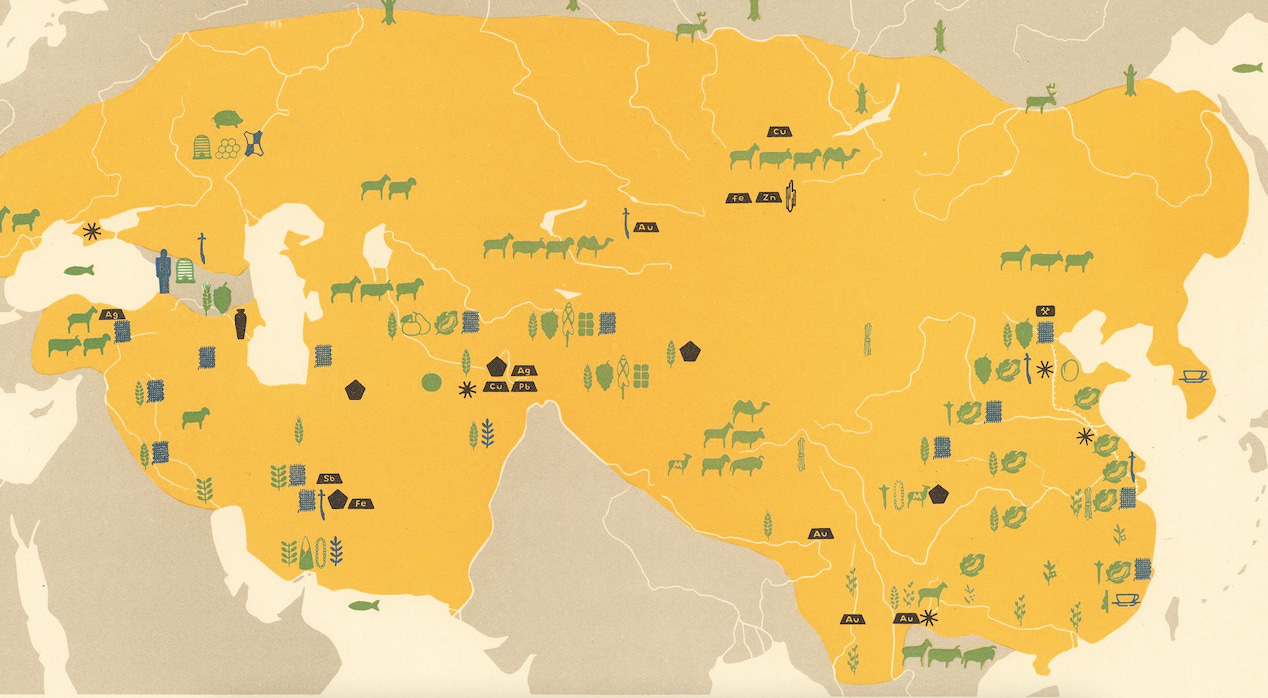Week signals: From war to Wall Street
Plus: watch points for Russia, Moldova, Japan, Indonesia, and Kiribati.

This week:
IN REVIEW. Broken certainties, shattered taboos, and the markets that didn't bark.
UP AHEAD. Putin hosts the BRICS, Moldova votes, Japan speculates, Indonesia inaugurates, and a Micronesian strongman consolidates.
The Week in Review: Preparing for watersheds
The week began with the deployment of an advanced THAAD anti-missile system to Israel and 100 US troops to operate it. It ended with the killing of Hamas leader Yahya Sinwar by drone and a farewell tour of sorts by Joe Biden in Berlin. Whether by week, by year, or by decade, most things stay the same, but every so often old certainties get blown away. The past few months or so has seen plenty of that, whether of the near certainty to some that Hezbollah and Hamas would survive in their established form, or to others that Kamala Harris would win the election. The omens now suggest otherwise and as such the world is beginning to behave very differently.
Several other certainties, or at least taboos, have also been shattered this week. In Canada, Justin Trudeau essentially accused the envoy of a major US partner of conspiracy to murder. Back in the Middle East, Israel essentially attacked a UN peacekeeping mission (in the noise of the week, few noticed that a German corvette, assigned to UNIFIL, shot down what some believe to have been an Israeli drone). China made its most provocative move against Taiwan in decades. North Korean troops turned up in Ukraine. Cutting-edge Russian arms turned up in Lebanon. The EU asked leaders to consider some of the offshore processing policies it had decried for years. And Volodymyr Zelensky said Ukraine would consider a nuclear bomb (before denying he had done so after a presumably testy meeting with NATO).
In a geopolitically volatile year, it’s easy to miss the significance of just one more volatile week. But per our reports in August, and again last month, as we move through October and towards the US election, things will become ever more unhinged. And while, so far, the market is taking these developments in its stride – thanks to countervailing factors, like the extraordinary progress of technology, the reduction of interest rates, and the profitability of US firms – such benign economic tailwinds are unlikely to always be there to offset the strengthening political headwinds.
In the absence of anyone being able to determine an exact tipping point, or a timeframe for when one might occur, it’s useful to consider what causes might turn a geopolitical crisis into a market one. Here are four to consider:


